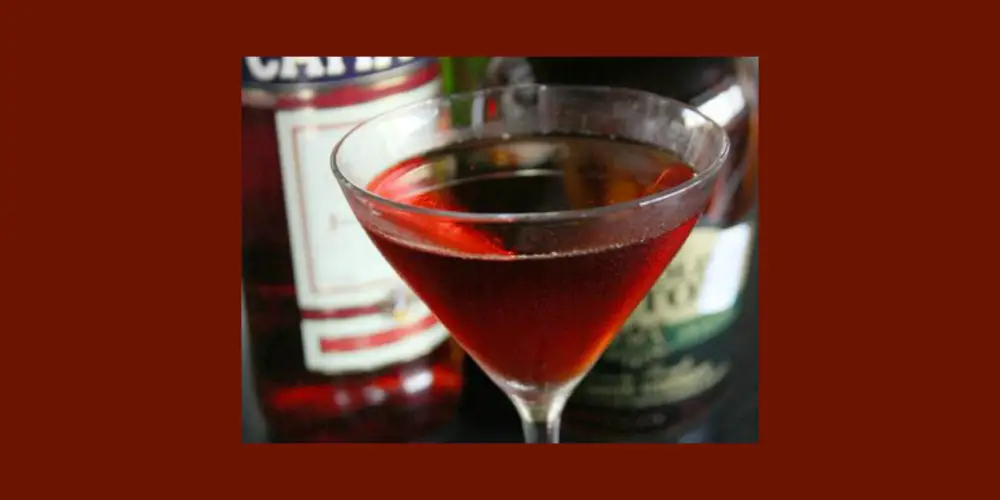Italian solutions for digestive comfort

Yes, the holiday season from Thanksgiving on is about eating. Don’t get me wrong… I know it’s a lot more meaningful than that… but let’s face it, we all look at the holiday season as our excuse to splurge and eat just a little bit more. The possibility of feeling bloated, overstuffed and more than a little uncomfortable at one point or another is inevitable.
In anticipating these woeful moments of distress, Italians usually have digestives readily on hand to ease your pain. While most countries have their own popular elixirs for the same reasons, no country can match Italy for the sheer variety of digestive preparations available, and for good reason. The Italians view a smoothly running digestive system as crucial to one’s health and happiness, and therefore offer dozens of countermeasures for keeping distress in check.
These digestives, or digestivos, are known collectively as amari. Hundreds of amari are produced in Italy. Each has a proprietary formula that generally includes various herbs, roots, flowers and spices, which are macerated in alcohol, sometimes blended with a sweet syrup and tempered in barrels or bottles.
Restaurants in Italy may offer a dozen selections of amari after a meal, but in the United States the choices are usually limited to a few well-known brands. Some include, Fernet-Branca (a bitter, aromatic spirit made from of over 40 herbs and spices, including myrrh, rhubarb, chamomile, cardamom and saffron, with a base of grape alcohol) and Averna (a popular Italian digestif made of herbs, roots and spices with caramel), as well as Campari, now better known as an aperitif. Mix in an addition of soda and lemon peel, or as an essential component of the Negroni cocktail, along with gin and sweet vermouth. Campari is also a nice holiday finishing aperitif, due to it’s brilliant red color.
For those that can’t quite get used to the somewhat acquired tastes of amaro’s bitterness, limoncello is an excellent digestive alternative served cold.
With an alcohol content that can range from 20 to 40 percent, amari may seem like a potent way to punctuate a long, filling meal. Rather, one should think of them as a gently invigorating path back to comfort.
Here’s to happy… and comfortable, holidays! ~ Salute